Hard Work Isn’t the Problem — Poor Recovery Is
You’re not tired because you work too hard.
You’re tired because your body doesn’t get the chance to recover from how hard you work.
Big difference.
And it’s the difference between blokes who last—and blokes who fall apart too soon.
The Truth Most Rural Workers Never Hear
You’ve been told for years to push through.
To finish the job.
To be the last man standing.
To rest when the season’s over.
But that mindset? It’s costing you more than time.
Because the body will recover eventually—
It’s just a matter of whether you do it on your terms, or under pressure (injury, burnout, breakdown).
And if your recovery window is a beer and a couch after 12 hours on the hill—
Let’s be real. That’s not a plan. That’s survival.
Why “Tired” Isn’t Just About Sleep
You’ve got deep, layered fatigue—and no, it’s not all fixed by a day off.
If you’re:
Snapping at the kids after work
Struggling to get going in the morning
Feeling stiff, foggy, or wired even when you're lying down
Losing focus on simple jobs
Getting tight where you used to be strong
You’re not just tired. You’re under-recovered.
And recovery doesn’t just mean sleep.
It means:
Nervous system reset
Breathing regulation
Fascia release
Movement that reduces load
A mindset that stops pushing when the tank is empty
The Real Cost of Poor Recovery
You lose productivity (more mistakes, less focus)
You extend recovery time between jobs
You miss signs of injury or breakdown
You mentally check out—even when you’re physically present
You fall into the cycle: overwork → under-recover → pain → frustration → no progress
Sound familiar?
The sad part? Most rural men normalise this.
Until their body makes the decision for them.
What Future Fit Does Differently
We don’t tell you to stop working.
We don’t ask for 2 hours of your day.
And we don’t try to undo 20 years of wear with foam rollers and yoga apps.
We give you a recovery-first system that’s:
Built around how you already move
Flexible enough to fit around stock work, fencing, or shearing
Focused on breath, nervous system control, and functional movement
Designed to reduce joint stress, not pile more on
Proven to increase performance—not slow you down
You don’t have to quit your job to fix your body.
You just have to train it to recover like it’s your most valuable tool—because it is.
What Happens When You Start Recovering Smarter?
You finish strong, not wrecked
You stay calm under pressure
You stop dragging fatigue into tomorrow
You move without bracing or pain
You show up at home with energy left in the tank
You’ve already proven how hard you can work.
Now it’s time to prove how well you can recover.
Final Thought
Hard work is not the enemy.
Poor recovery is.
And until you treat recovery like the skill it is, your body will keep throwing you signals—louder and louder—until you finally listen.
This isn’t about going soft.
It’s about going the distance.
If you’re ready to stop working through fatigue and start building strength that lasts,
👉 Let’s talk and I’ll walk you through how Future Fit is helping rural men recover smarter—without slowing down.
